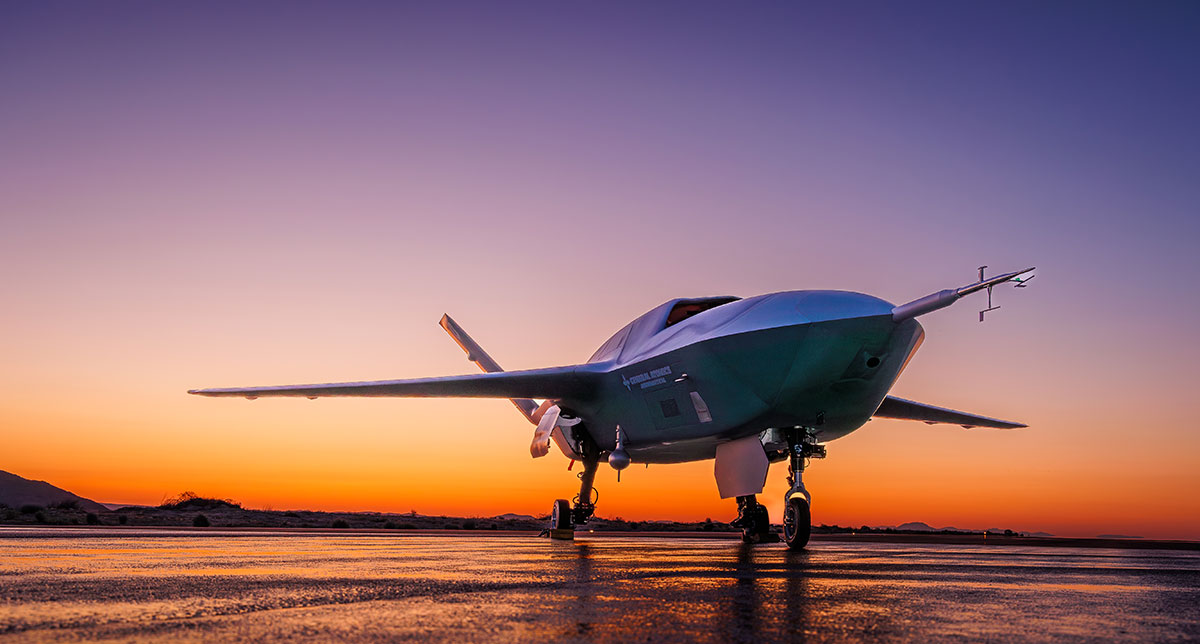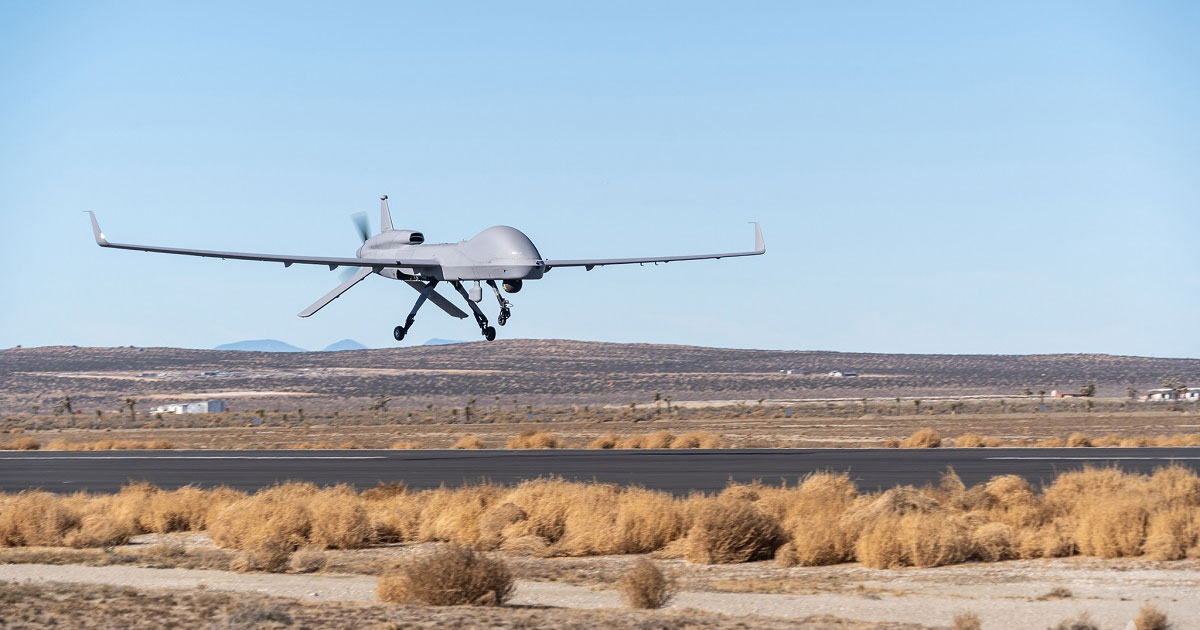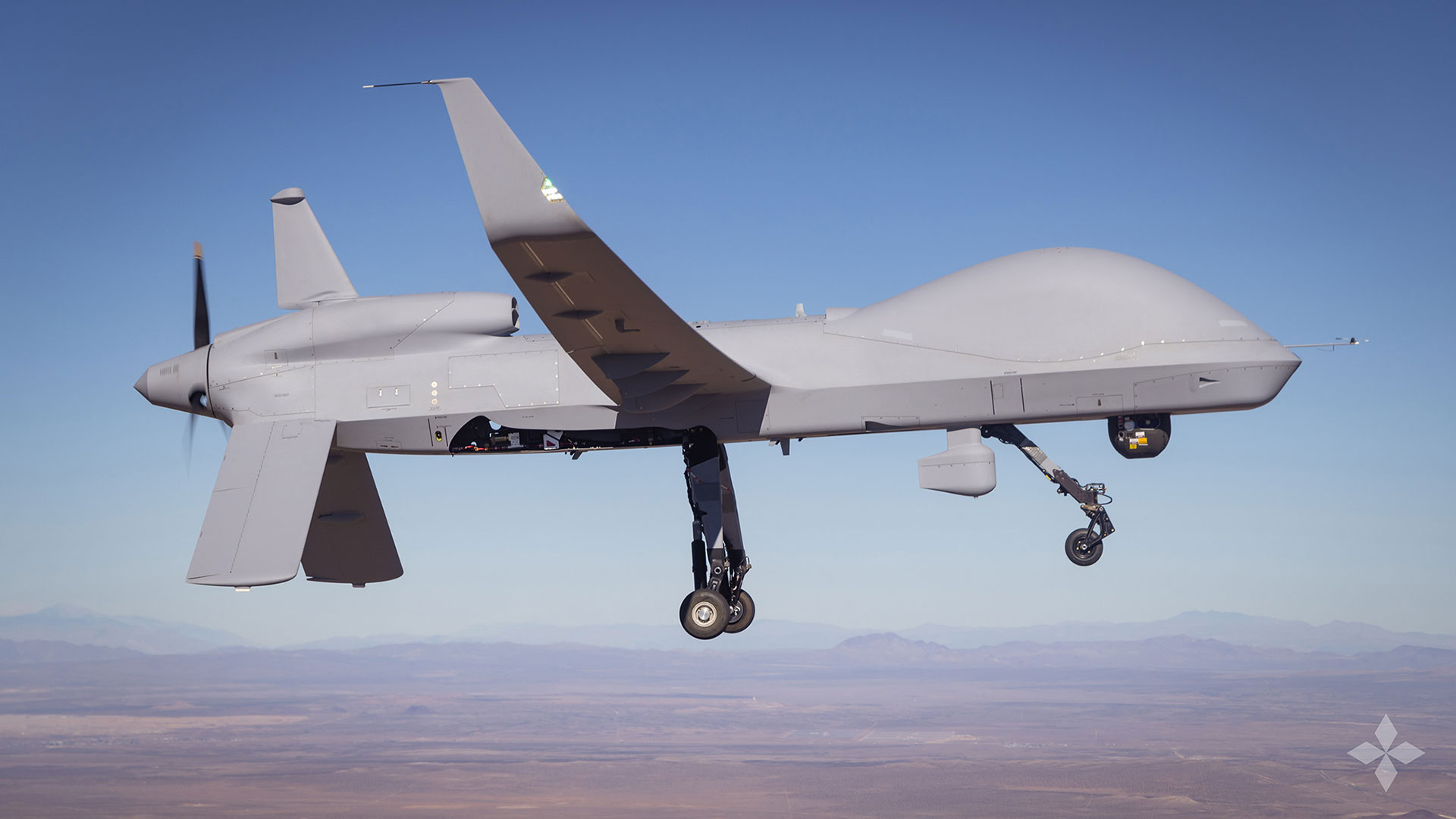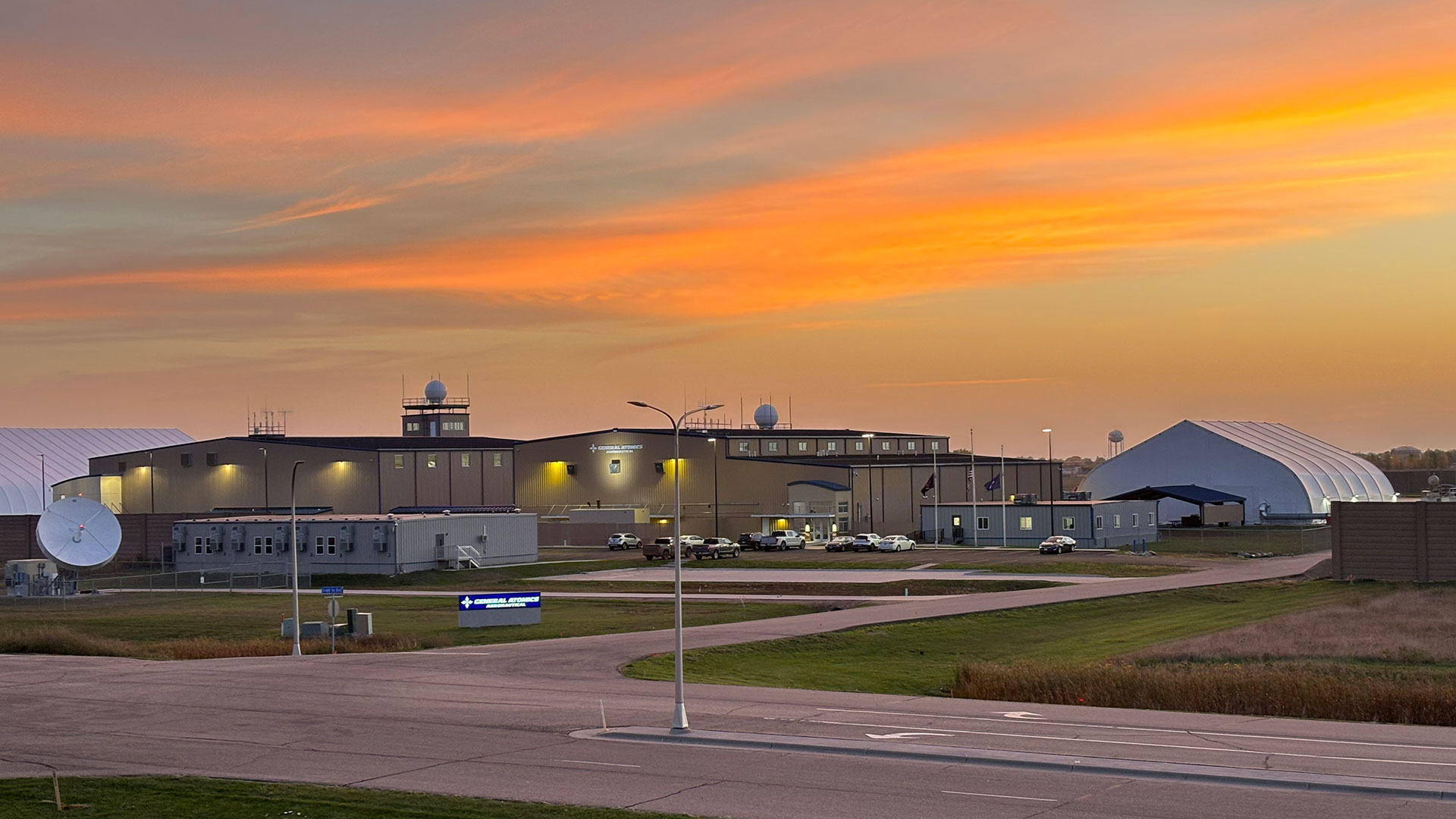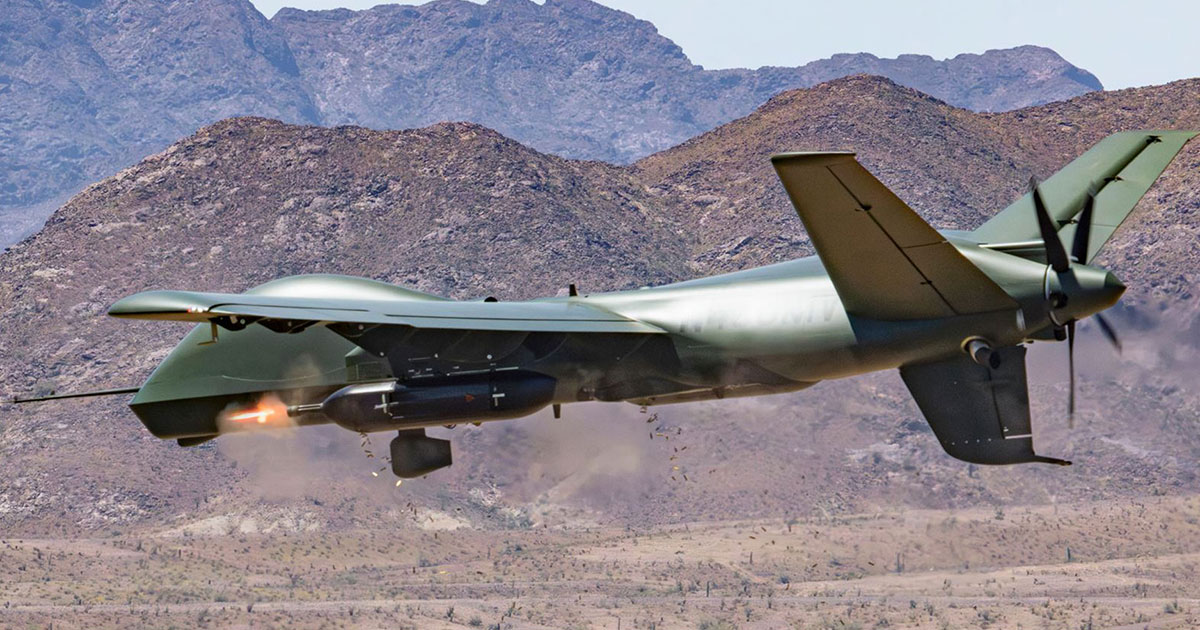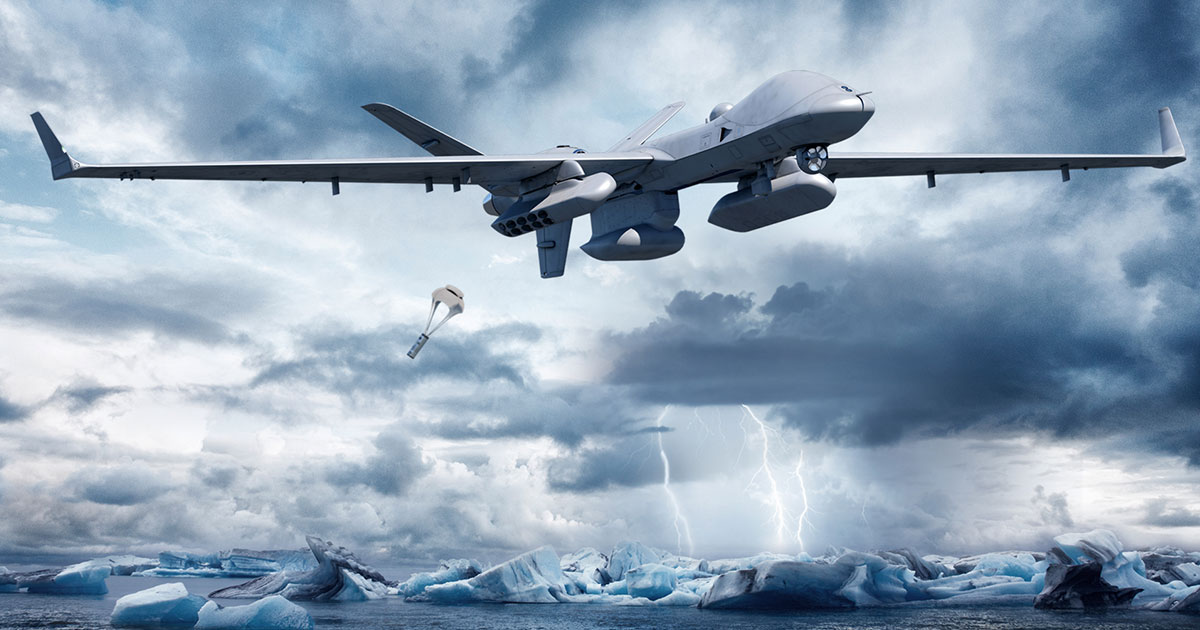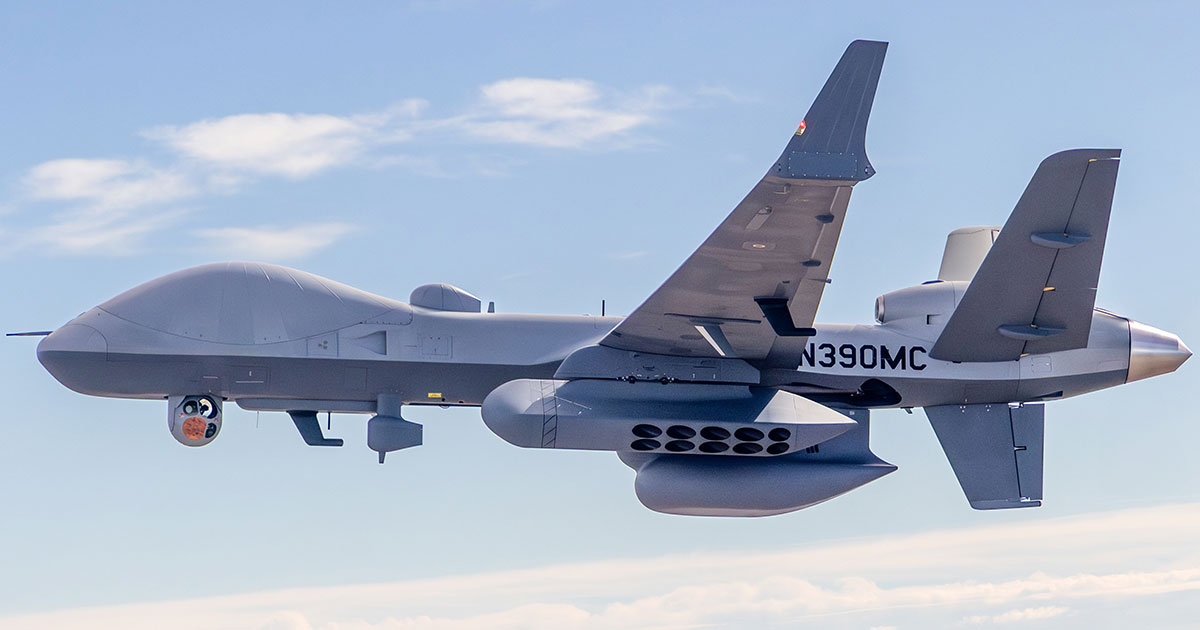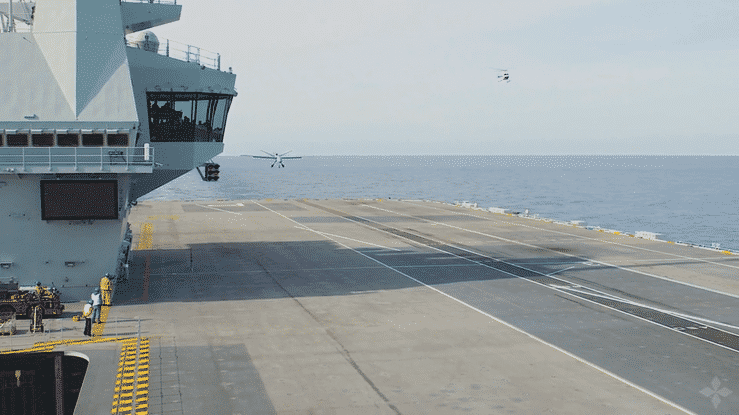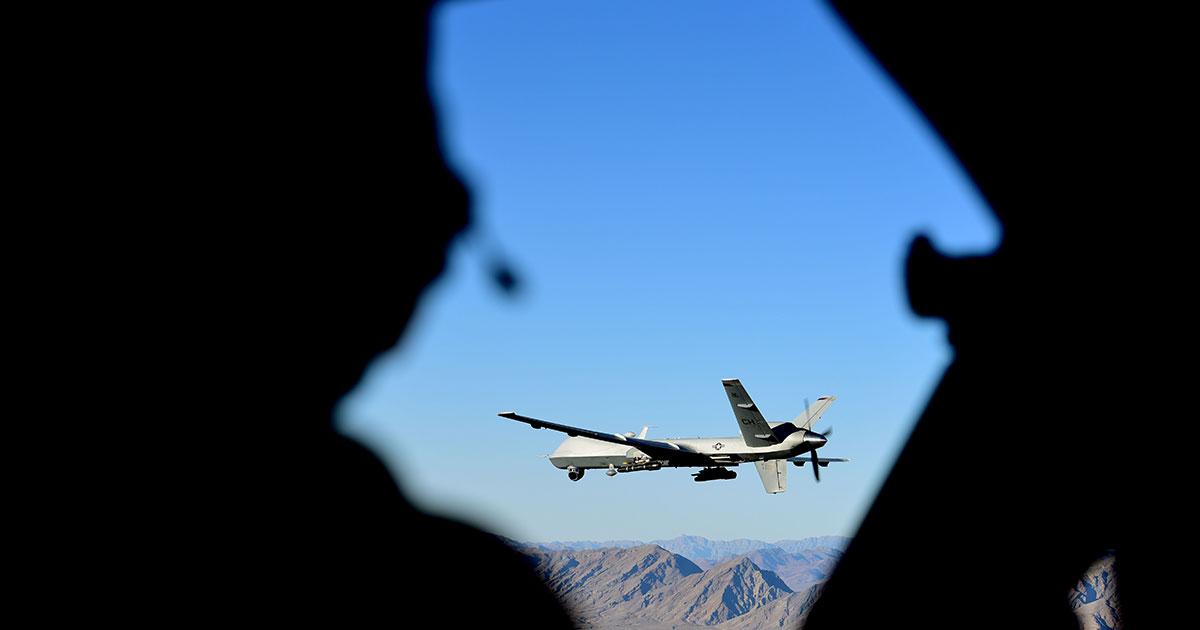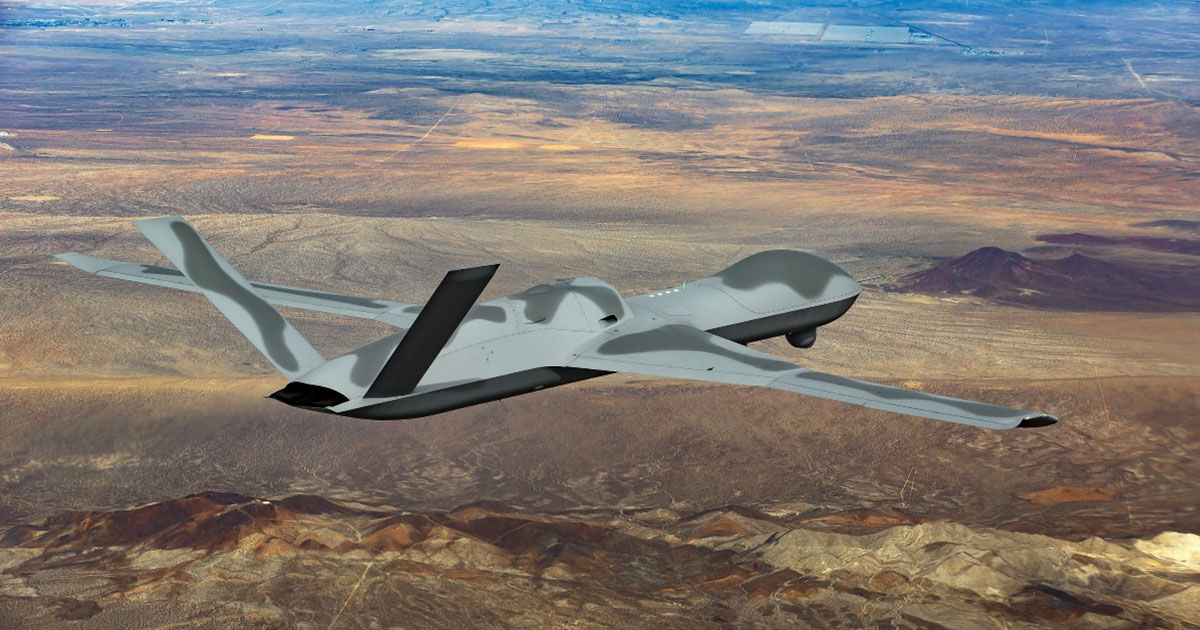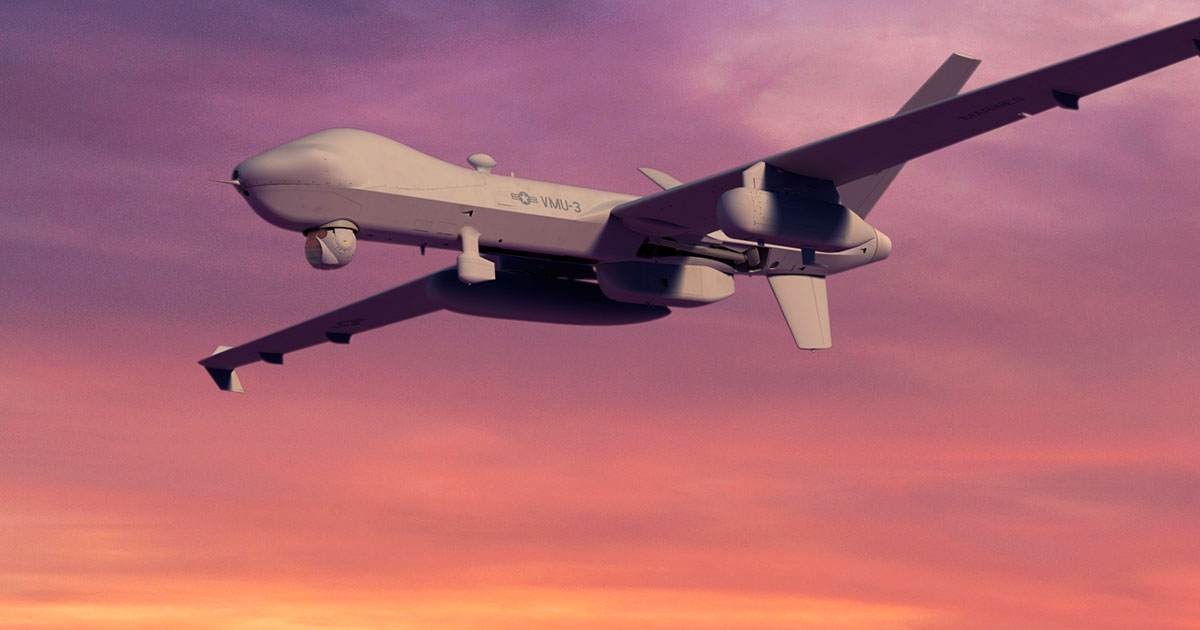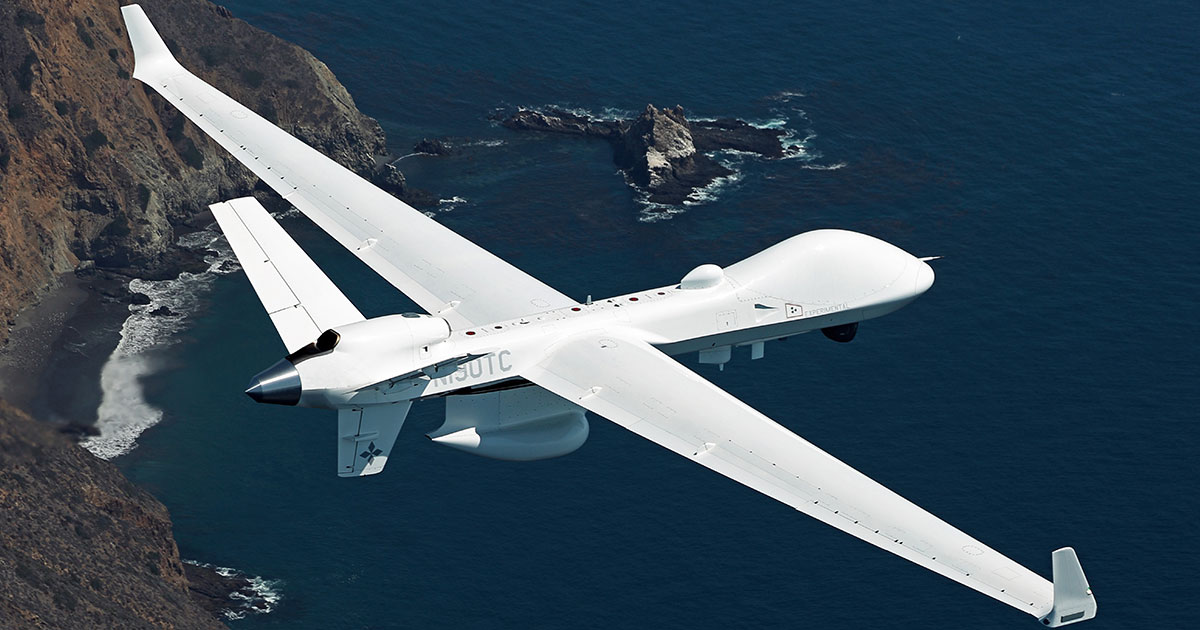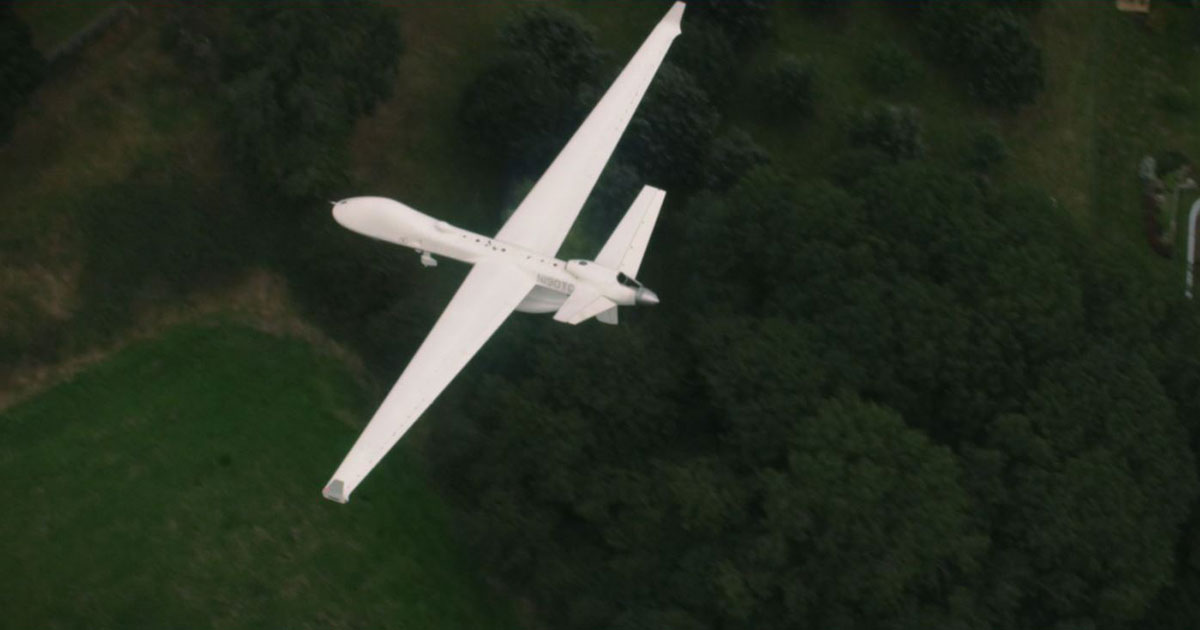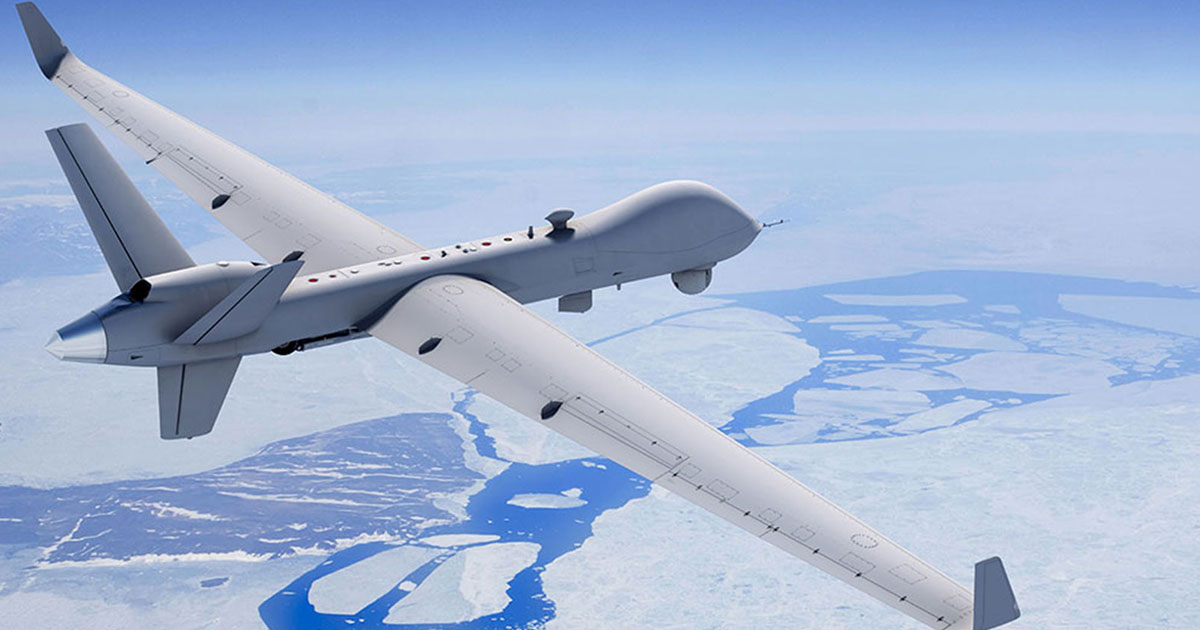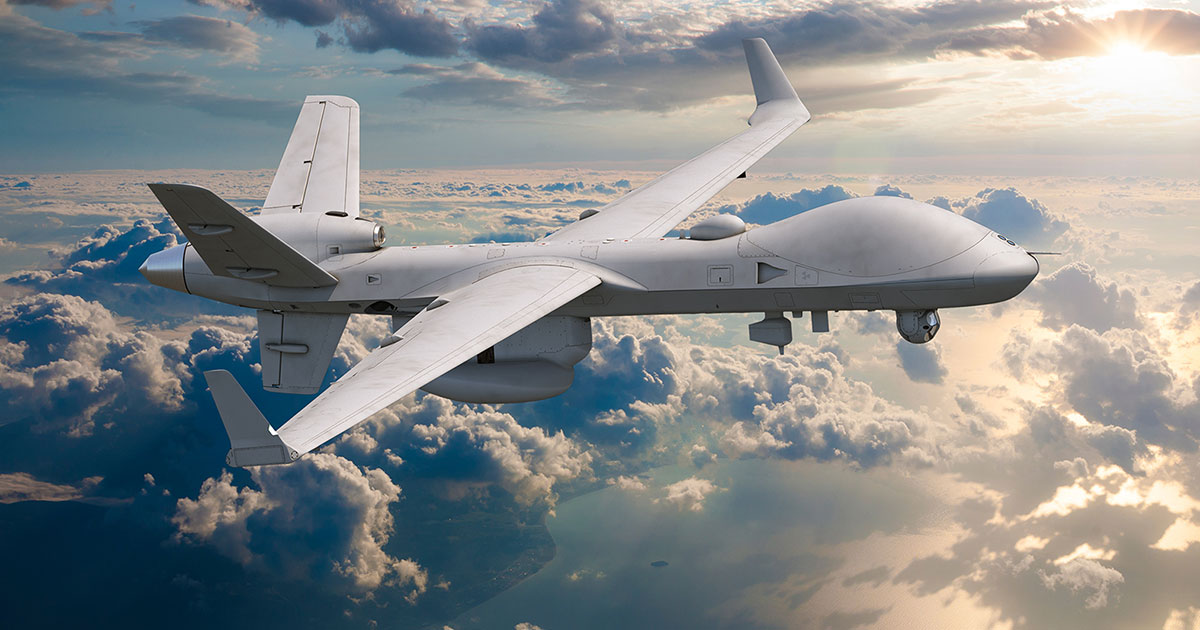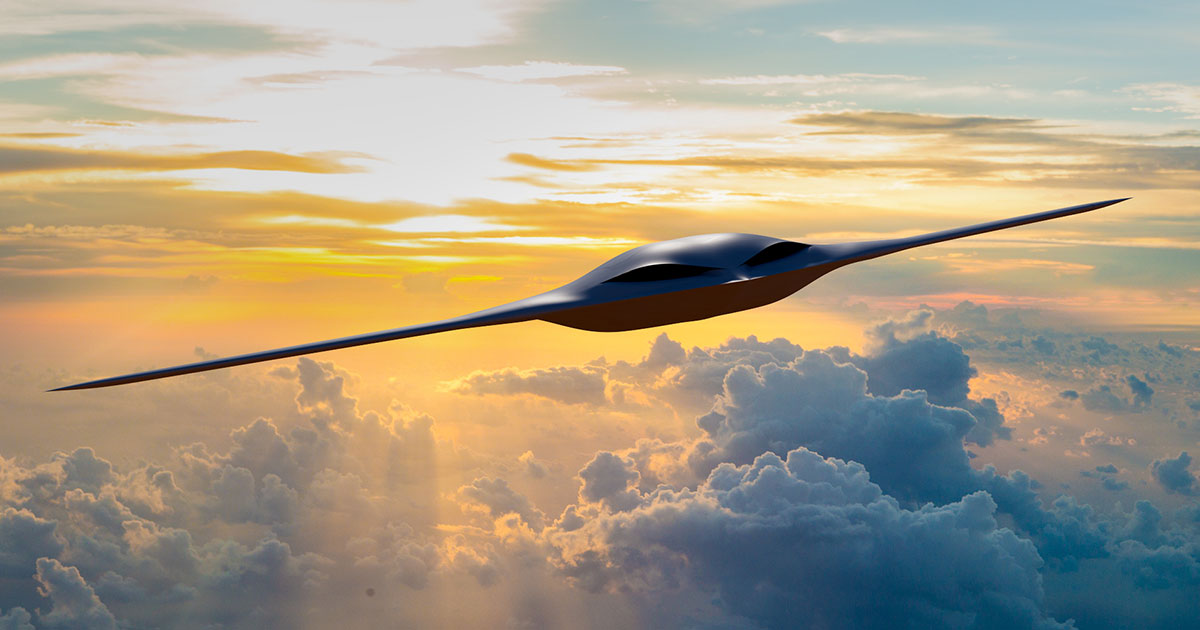ARCTIC SECURITY: How GA-ASI Is Closing the Gap With MQ-9B
Environmental change and strategic competition are reshaping the Arctic. Traffic is increasing across newly accessible shipping lanes. Untapped natural resources are coming within reach. And tensions are mounting as Arctic and near-Arctic nations compete for commercial and military dominance. Arctic security is threatened by rapidly warming temperatures and receding ice, illegal shipping and fishing, and Russia’s increasing military presence in the region. China has shown it too wants to contend for influence. These challenges underscore the critical need for Arctic allies and partners to gather cost-effective and reliable intelligence without risking human lives. GA-ASI’s MQ-9B SkyGuardian®/SeaGuardian® remotely piloted aircraft system (RPAS) is ready to connect Arctic allies and enable 24/7 surveillance in the region.
REAL-TIME INTELLIGENCE
Over the Arctic, MQ-9B can detect air, ground, surface, and subsurface targets of interest, including surveillance balloons, maritime vessels, and submarines, and then feed real-time intelligence to military and civil authorities around the world. MQ-9B’s advanced sensors, data processing power, satellite communications link, and impressive endurance make Arctic awareness possible from anywhere in the world – day or night.
CIVIL OPERATIONS
MQ-9B also is ideal for infrastructure and environmental monitoring as well as search and rescue in the Arctic. When scientists need to better understand changing environmental conditions or first responders need to assist a vessel in distress, MQ-9B delivers actionable information in real time, and a communication relay to those in distress, day or night, in all weather -- without endangering human pilots or patrols.
SATCOM CONNECTIVITY
None of this would be possible without satellite communications. Unlike many other RPAS, MQ-9B leverages powerful low Earth orbit satellites to operate at high latitudes, while the pilot remains safely on the ground thousands of miles away. GA-ASI proved this capability by flying a satellite-enabled MQ-9 beyond the Arctic Circle and past the 78th parallel north for the first time. With the new generation of constellations deploying by 2026, MQ-9B will have assured polar access around the world.
ALL-WEATHER PERFORMANCE
MQ-9B operates well in cold weather conditions. The airframe is provisioned with a state-of-the-art anti-ice/de-ice system that protects and maintains airframe performance while supporting missions in the coldest regions of the world.
